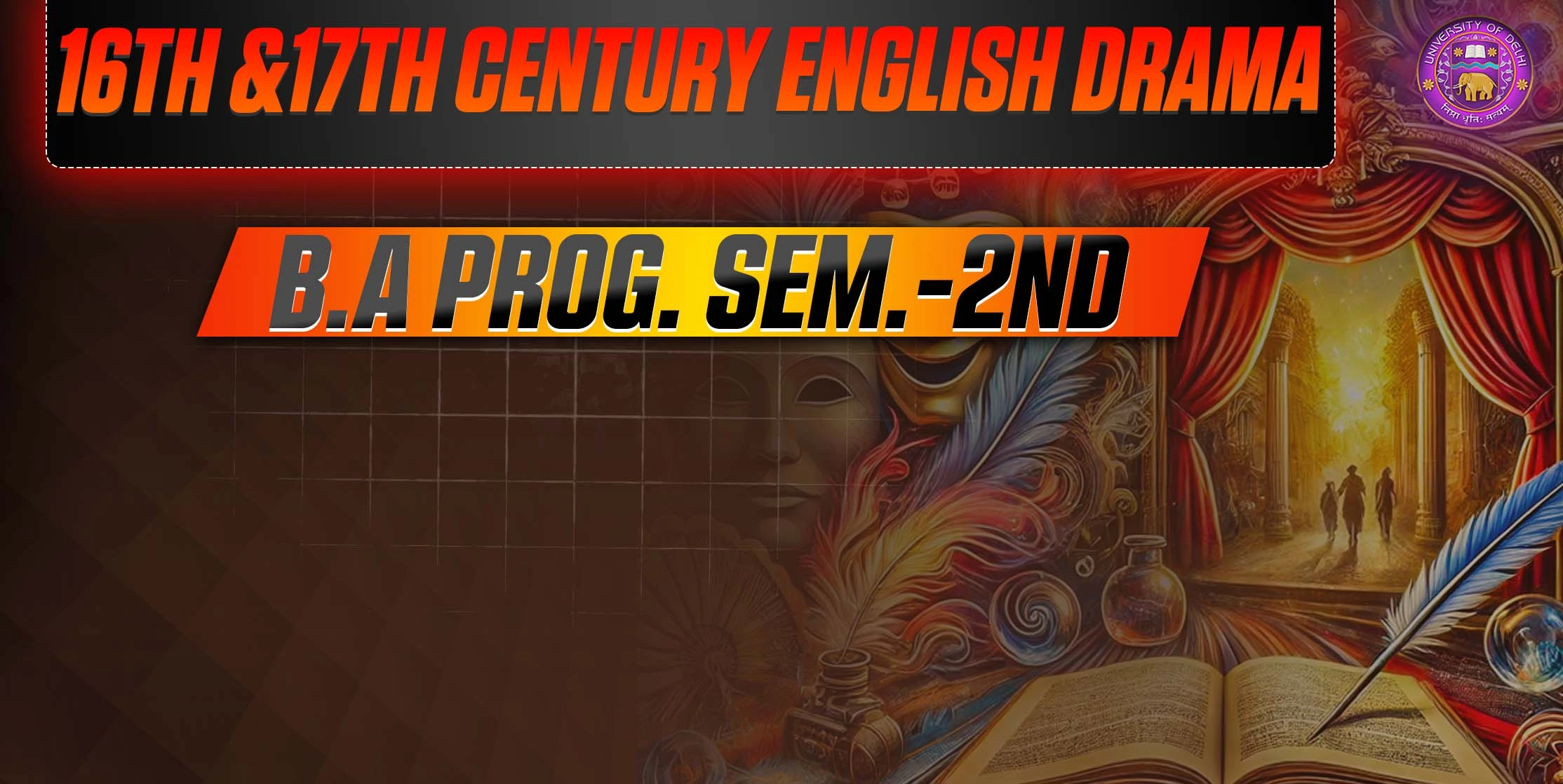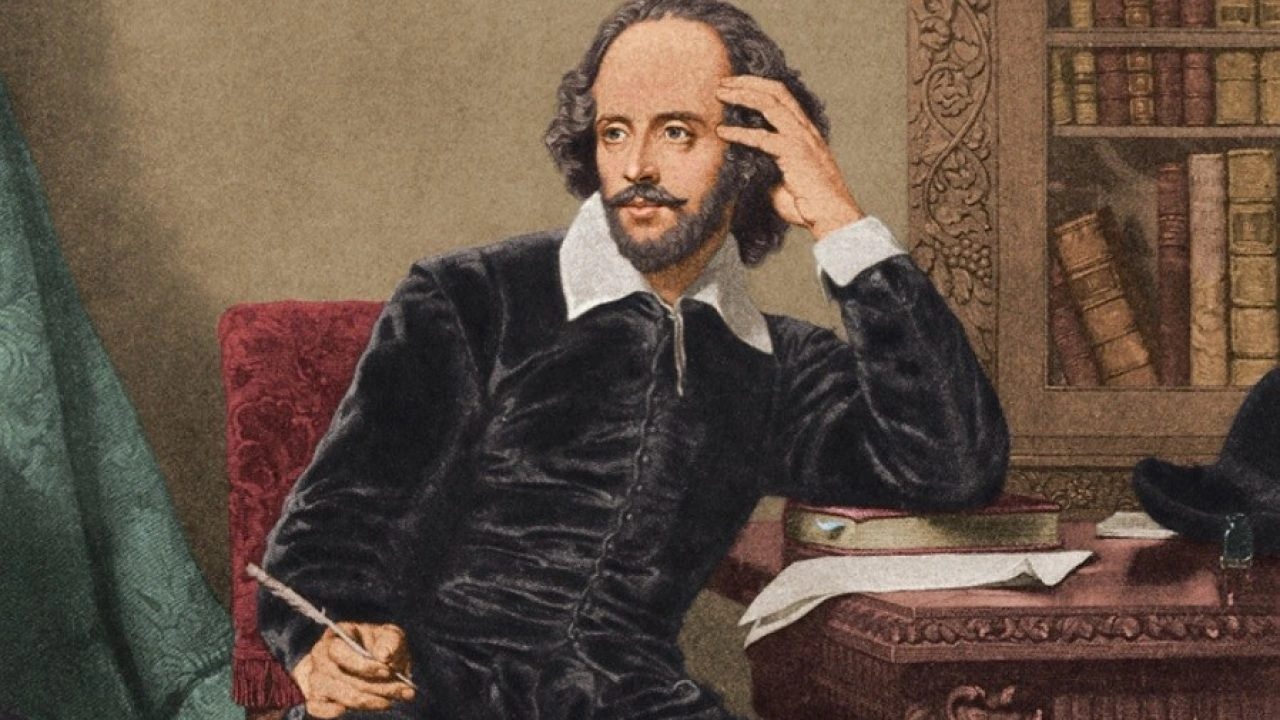
Get in Touch
We will get back to you within 24 hours.
Welcome to MVS Blog

(i) Who said this and when?
(ii) Who is referred to by the word 'raven'?
(iii) What does the speaker mean by fatal entrance?
Answer - Introduction
The lines are from William Shakespeare’s famous tragedy Macbeth, written around 1606. The play was first published in the First Folio in 1623. These words are spoken by Lady Macbeth in Act 1, Scene 5. In this scene, Lady Macbeth reveals her ambitious and ruthless nature after reading her husband’s letter about the witches' prophecy. She calls upon dark forces to strip her of feminine weakness and fill her with cruelty to help her commit the murder of King Duncan.
About the author

William Shakespeare (Born In 23 April 1564 – Died in 23 April 1616) was an English playwright, poet, and actor. He is widely regarded as the greatest writer in the English language and the world's pre-eminent dramatist. He is often called England's national poet. His extant works, including collaborations, consist of some 39 plays, 154 sonnets, three long narrative poems, and a few other verses, some of uncertain authorship. His plays have been translated into every major living language and are performed more often than those of any other playwright.
(i) Who said this and when?
The lines are spoken by Lady Macbeth in William Shakespeare's play Macbeth. She says this in Act I, Scene V, after reading a letter from Macbeth about the witches' prophecy that he will become king. At this moment, Lady Macbeth is full of ambition and starts planning King Duncan's murder to make Macbeth the king. Her speech reveals her determination and willingness to give up her feminine qualities to gain power.
(ii) Who is referred to by the word 'raven'?
In this context, The "raven" symbolizes an bad omen or sign of death. It refers to the warning of King Duncan’s coming death when he arrives at Macbeth’s castle. The bird is described as "hoarse," meaning it is tired from constantly predicting doom. The raven symbolically shows that Duncan is unknowingly walking into a deadly trap set by Macbeth and Lady Macbeth.
(iii) What does the speaker mean by fatal entrance?
The "fatal entrance" refers to King Duncan arriving at Lady Macbeth's castle, where she plans to have him killed. She sees his visit as a chance to make the witches' prophecy come true by making sure he dies. The word "fatal" shows that his arrival will lead to his death and also connects to the idea of fate, highlighting that his death is meant to happen as part of Lady Macbeth and Macbeth's plan. By calling Duncan's arrival "fatal," Lady Macbeth shows her strong determination to kill him and help her husband gain power.
0 Response